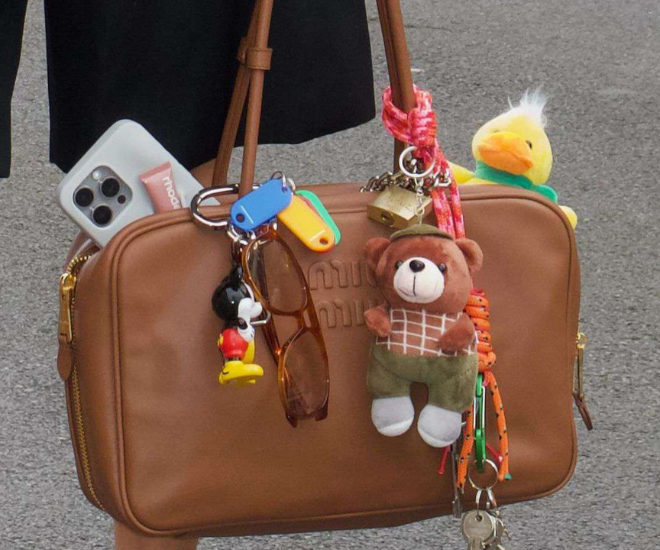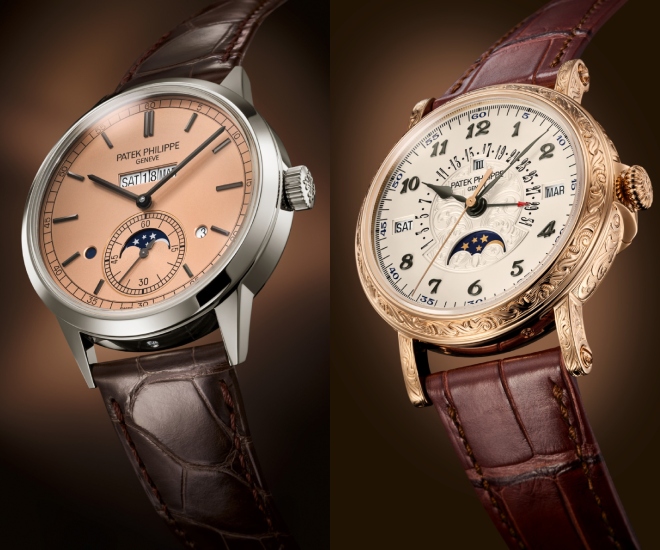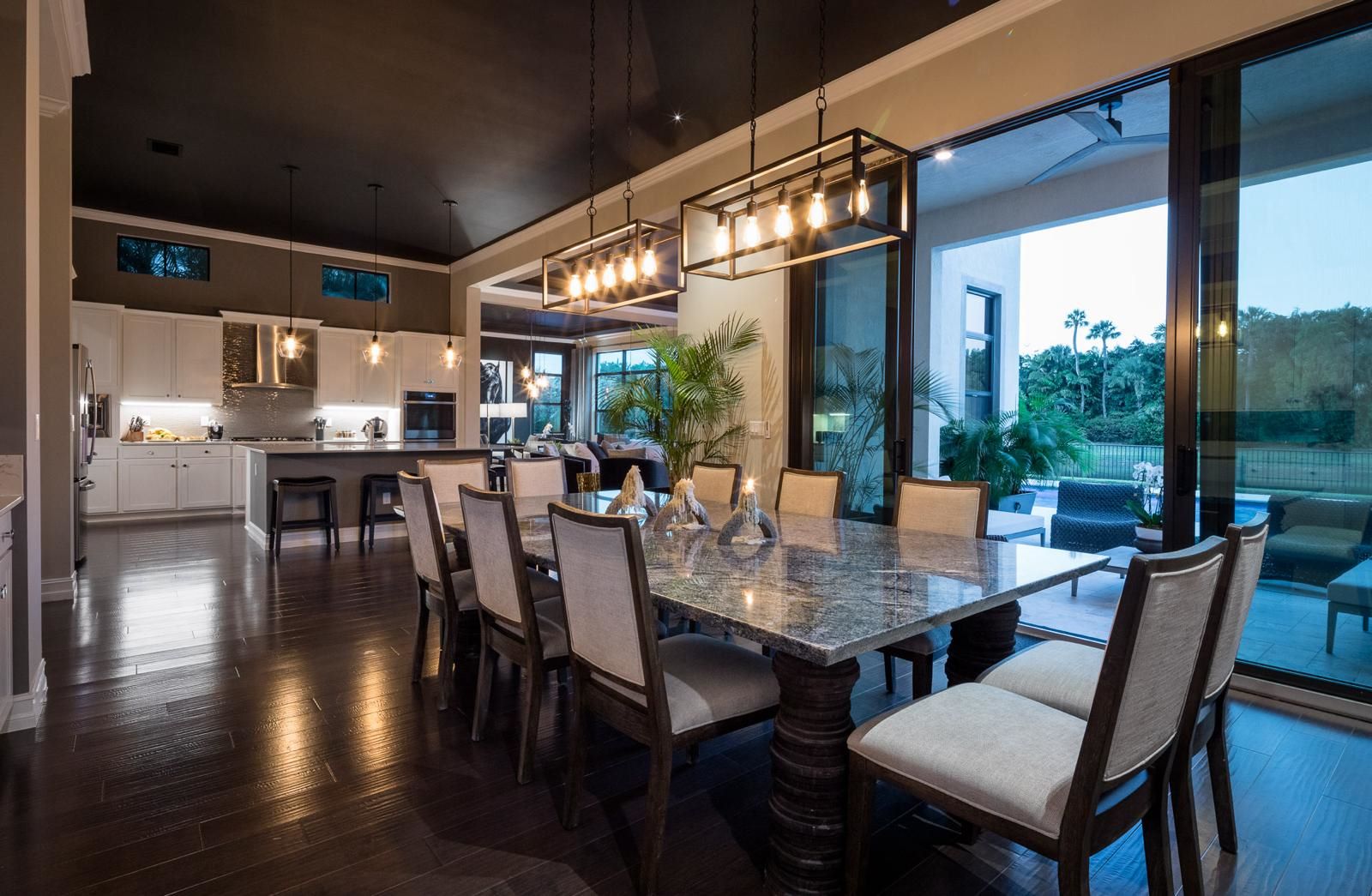A trend that drew inspiration from the late fashion icon Jane Birkin — fuelled by creative expression and rooted in nostalgia — it is the bag charm trend. This trend has been seen everywhere, on Instagram, TikTok, on the streets and the runway — making a massive return in the ever-changing trend cycle since its popularity in the early 2000s. The trend embraces the maximalist aesthetic with oversized embellishments and draped chains which are especially popular with the Gen Z and Millennial audiences, most likely due to the significant influence of trends on social media. Its resurgence was accelerated by the trend of “Jane Birkinify-ing” their bags on social media platforms like TikTok and Instagram which now sits at more than a whopping 120 million posts. From nostalgic inspirations, the art of personalisation and entry-level luxury purchases, LUXUO breaks down everything there is to know about the Bag charm trend.
Read more:
Fashion’s Love for Nostalgia

The trend rapidly took off due to the ease in allowing an individual to express personal style and customise to their heart’s desire at little to no cost. Along with the social media audience’s love of trends, the penchant for drawing inspiration from Y2K and 90s fashion. Nostalgia has always played a significant part in fashion — due to the inevitable trend cycle — hence the demographic between the ages of 18 to 30 typically looks back on past style icons to inspire their outfits of today. The fashion world also often transforms elements of childhood into more grown-up variations to embrace the fun side of fashion just as we have seen with friendship bracelets and now bag charms.
Thus, people have done so by incorporating childhood trinkets and colourful bead embellishments onto their high-end bags to add pops of colour which would otherwise be difficult to display on everyday looks. The endless combinations of embellishments allow individuals to cultivate and express their personal style — especially in an era where it is increasingly difficult to do so, due to the rapidly changing trends. Additionally, the beauty of customising with charms is that they can be easily switched out or taken off depending on what look an individual is looking to emulate.
Read more:
Customising Bags With Existing Items to Achieve New Looks

Additionally, given the accelerating trend cycle and ever-changing “must-have” bags, it is unsurprising that many have opted to customise their existing pieces with charms instead of spending extra money on the numerous trending bags emerging every other day. While new launches and trends are always welcomed in the fashion world, it is unrealistic for the general population to spend exponential amounts on each season’s new “It” bag. Therein lies the beauty of the bag charm trend, with many hopping on the trend using childhood trinkets, ribbons and other accessories already in their possession.


Another contributing factor are the influential fashion icons like Jane Birkin and the Olsen twins, with their famous love of lived-in bags, filled to the brim for a bag’s intended purpose of storage on the go. Their effortless style, nonchalance and juxtaposing treatment of their highly-coveted bags like Hermès Birkins and Balenciaga City bags is a refreshing reminder in a world of rampant overconsumerism. Hence, with the strong influence of these figures, fashion enthusiasts are more compelled to get creative with embellishments to make the most out of their existing collections. Hence, this trend is cost-efficient, versatile and trendy — the perfect recipe for the mass audience.
Read more:
Why are Brands Hopping on the Bag Charm Bandwagon?


Well, the answer is straightforward. Brands embrace trends to generate sales through high demand and strengthen brand identity through association with a trending item. Along with the growing popularity of every trend, it is bound to see them rife on runways. Brands like Miu Miu, Balenciaga, Louis Vuitton and Loewe were quick to hop on the bandwagon with large embellishments made to match and accessorise each bag. Each of these decorative items are sold separately, going for hundreds of dollars each — presenting consumers with new entry points into the luxury market. While these are not exactly cheap, these charms are sold for lower than small leather goods like cardholders and wallets, thus a customer with a limited budget might opt for the former. “It is a more accessible way to buy into the brand without committing to a larger investment,” explains Richard Johnson, chief commercial and sustainability officer of Mytheresa.


Looking to bank in on the majorly popular trend, the demand for bag charms is extremely advantageous for high-end brands. Given that most bag charms are made of metal, nylon, plastic or small amounts of leather, these items come with high-profit margins. Additionally, some brands like Loewe have taken it a step further, allowing consumers to customise the bag charm itself with initials, making the purchase more enticing. As supported by the Idomoo report that found 75% of Gen Z subjects are more likely to buy a product if they can customise it and 62% are willing to pay extra for personalisation. It is also worth noting that those with more disposable financial resources, may also be more compelled to purchase charms along with a bag to to replicate the runway or campaign look.
While it could be argued that luxury brands’ releases of new bag charms could be perceived as inauthentic, one has to consider the desire of an individual in owning an item from a luxury fashion house. Whether it is a charm or a handbag, a purchase from a luxury brand is seen as an achievement for many and an object of desire for those in the fashion world. That being said, marketing bag charms as entry-level purchases allow individuals to elevate a look with a high-end touch or encourage brand loyalty through good quality and customer service, which may aid in evaluating higher commitment purchases.
For more on the latest in fashion news and releases, .




